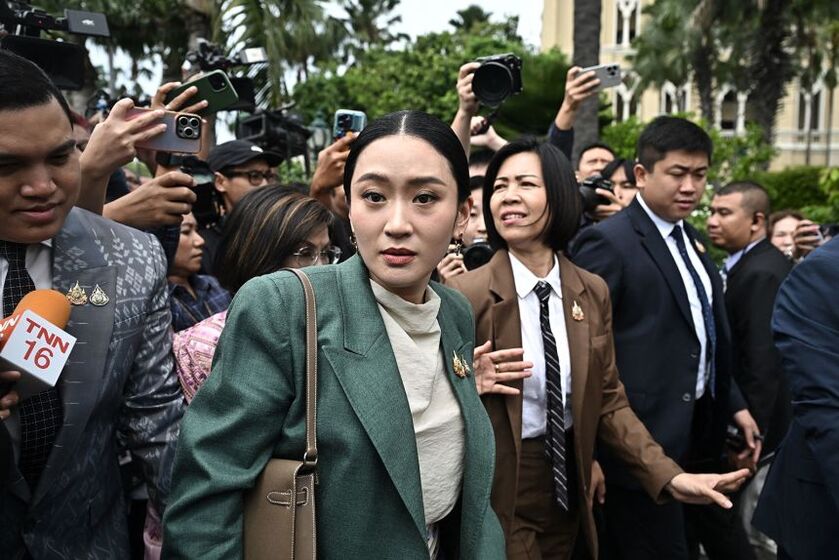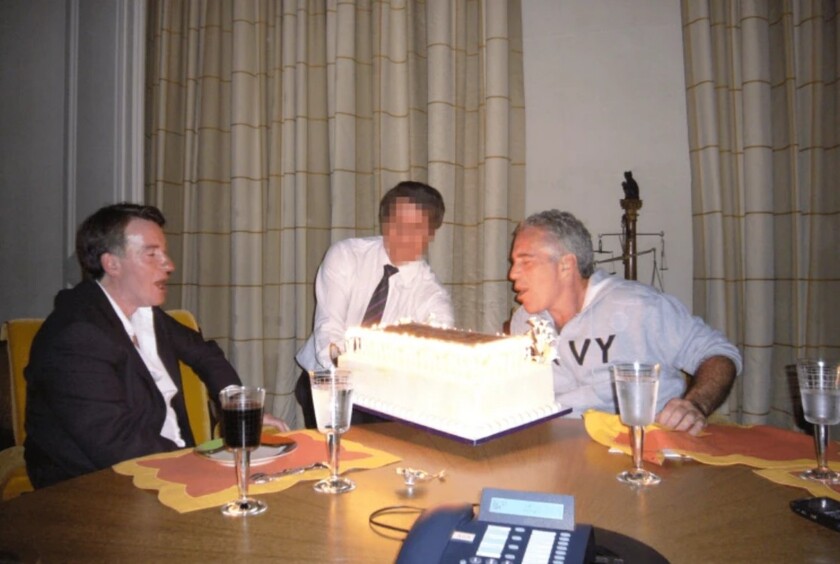Thailand’s Constitutional Court voted 6-3 to dismiss Prime Minister Paetongtarn Shinawatra from office on Friday, ruling that she violated constitutional ethics during a leaked phone call with Cambodia’s former leader, Hun Sen, in June 2025.
The court found Paetongtarn's conduct, which included referring to Hun Sen as "uncle" and appearing to criticize a senior Thai army general, compromised national interests and failed to uphold ethical standards, leading to her immediate removal after a year in office.
The leaked June 15, call occurred during a period of escalating border tensions between Thailand and Cambodia, which culminated in five days of combat in late June, resulting in dozens of deaths and over 260,000 displaced people.
In the recording, Paetongtarn addressed Hun Sen as "uncle" and made critical remarks about a Thai army general, which critics interpreted as undermining the military and showing undue deference to Cambodia. She also reportedly told Hun Sen, "if you want anything, just tell me, and I will take care of it," further fueling accusations of compromising national interests.
Paetongtarn, 39, is the daughter of former Prime Minister Thaksin Shinawatra and the third member of the powerful Shinawatra family to hold the office, following her father and her aunt, Yingluck Shinawatra. Her family's history, including Thaksin's past close relationship with Hun Sen, amplified the controversy surrounding her call.
The court's ruling is a significant blow to the Shinawatra political dynasty, which has faced repeated setbacks through coups and court rulings despite electoral victories. The controversy also caused the Bhumjaithai Party, the largest coalition partner, to withdraw, leaving the ruling coalition with a slim majority.
Paetongtarn was suspended from her duties on July 1, 2025, when the court agreed to hear the case, and Deputy Prime Minister Phumtham Wechayachai assumed her responsibilities as acting prime minister. She has accepted the court's verdict but maintains her innocence, stating her tone was a negotiating tactic aimed at de-escalating tensions and saving lives.
The caretaker Cabinet led by Phumtham will remain in place until a new prime minister is elected by the House of Representatives.
The prime minister's dismissal has plunged Thailand into political turmoil, triggering a scramble for power and weakening the Shinawatra dynasty's influence. Her Pheu Thai party now holds a slim majority in parliament after a key coalition partner, the Bhumjaithai Party led by Anutin Charnvirakul, quit in protest over the call. A special parliamentary session is scheduled for September 3-5, 2025, to elect a new prime minister, with potential candidates including Anutin, who has pledged to dissolve parliament within four months if selected, and Pheu Thai figures like Chaikasem Nitisiri. Former military leader Prayuth Chan-ocha has also been mentioned as a possible contender.
The court's decision marks the fifth time since 2008 that a Thai prime minister has been dismissed by the court. The ruling highlights the judiciary's outsized role in Thai politics, often seen as aligned against populist figures like the Shinawatras.















